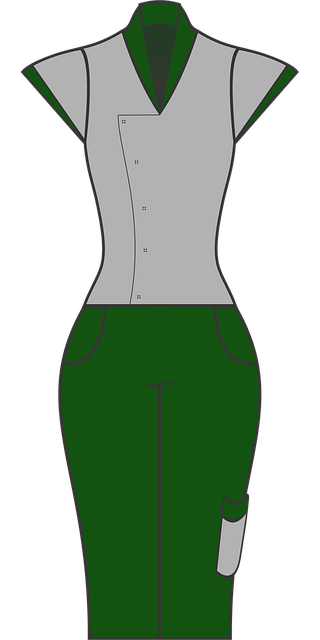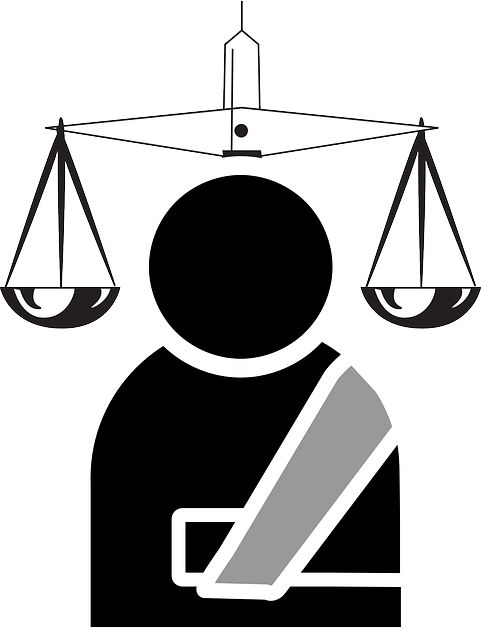Maximum injury compensation is a vital aspect of personal injury law, providing financial support for severe injuries, including medical bills, lost wages, and pain & suffering. Eligibility requires proof of negligence or intentional harm, with common cases involving slip & falls, defective products, and motor vehicle accidents. Insurance plays a crucial role by covering significant medical expenses and ensuring thorough reimbursement, especially in commercial and employment disputes. Navigating claims can be complex but insurance support simplifies the process, helping policyholders gather evidence, estimate claim value, and secure fair settlements that cover all eligible costs related to their injuries.
In the complex landscape of personal injuries, understanding maximum injury compensation is paramount. This article delves into the crucial role insurance plays in securing adequate reimbursement for severe injuries. We explore what maximum injury compensation covers and who qualifies, highlighting the vital importance of insurance in navigating these claims. Additionally, we provide practical tips for maximizing compensation with insurance support, ensuring individuals affected by serious injuries receive fair treatment.
- Understanding Maximum Injury Compensation: What It Covers and Who Qualifies
- The Vital Role of Insurance in Securing Adequate Reimbursement
- Navigating the Claims Process: Tips for Maximizing Your Compensation with Insurance Support
Understanding Maximum Injury Compensation: What It Covers and Who Qualifies

Maximum injury compensation is a crucial aspect of personal injury law, designed to provide thorough financial support to individuals who have suffered severe injuries. It encompasses a wide range of damages, including medical expenses, lost wages, pain and suffering, and more. The goal is to ensure that victims receive fair and adequate reimbursement for their physical, emotional, and financial losses stemming from accidents or negligence.
Determining eligibility for maximum injury compensation varies by jurisdiction but generally requires proving that the injury was caused by another party’s negligence or intentional act. Common scenarios include slip and fall accidents, product liability cases where defective goods cause harm, and motor vehicle collisions. Individuals seeking such compensation must demonstrate their injuries’ severity and the resulting impact on their daily lives to receive appropriate financial redress.
The Vital Role of Insurance in Securing Adequate Reimbursement

Insurance plays a vital role in securing adequate reimbursement for individuals involved in maximum injury compensation claims. When someone sustains significant injuries due to accidents or incidents—whether it’s a car crash, workplace harm, or slip and fall—the associated medical expenses can be staggering. Insurance acts as a financial safety net, covering these costs and ensuring victims receive the care they need without facing overwhelming bills.
In the context of commercial disputes or employment disputes where injuries occur, insurance is even more critical. Employers and businesses often carry liability insurance to protect against claims arising from on-the-job accidents. Similarly, property owners may have insurance coverage for slip and fall incidents. This insurance is designed to provide compensation beyond what victims might receive through legal settlements, ensuring they are fully reimbursed for their injuries and associated losses.
Navigating the Claims Process: Tips for Maximizing Your Compensation with Insurance Support

Navigating the claims process after an injury can be a complex and often overwhelming experience. When dealing with maximum injury compensation claims, having insurance support can significantly streamline this journey. Insurance companies offer expertise and resources to help policyholders understand their rights and maximize their rightful compensation.
One of the first steps is to quickly report the incident to your insurer. For instance, in case of a slip and fall injury or defective product-related harm, immediate notification allows for prompt documentation and preservation of evidence. Insurance adjusters can then guide you through the necessary steps, ensuring all details are accurately recorded. This includes gathering medical records, witness statements, and any relevant product information. Additionally, they will assist in estimating the value of your claim, which may include medical expenses, lost wages, and pain and suffering. With their help, you can ensure that your accident settlements are fair and inclusive of all eligible costs related to your injury.
Insurance plays a pivotal role in ensuring individuals receive the maximum injury compensation they deserve. By understanding what’s covered and who qualifies, and leveraging insurance support throughout the claims process, victims can navigate this complex landscape with confidence. This guide has provided valuable insights into these aspects, empowering folks to secure adequate reimbursement for their injuries and move forward with their lives.






